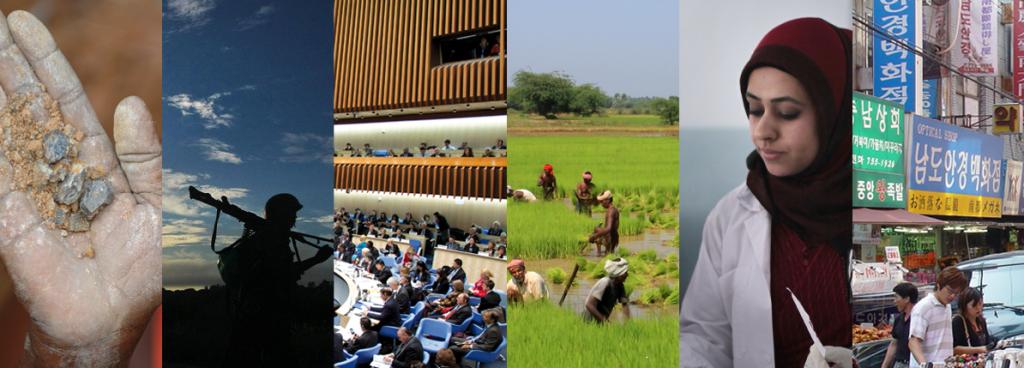Stolpersteine—stumbling stones—are micro-monuments: 10cm x 10cm brass plates affixed to cobblestones, installed in front of the homes of people deported to concentration camps. Arguably the world’s largest decentralised monument, they now number over 70,000 and are in 24 countries.
The artist behind the Stolpersteine project, Gunter Demnig cites the Talmud:
“‘a person is only forgotten when his or her name is forgotten.’ The Stolpersteine in front of the buildings bring back to memory the people who once lived here. Each ‘stone’ begins with HERE LIVED… One ‘stone’. One name. One person.”
Demnig’s practices and commitments raise troubling questions about the memorialisation and (re)creation of Holocaust and Jewish memory. This talk, drawn from on-going research, is primarily based on work carried out in Norway, following the artist throughout the country as he installed numerous Stolpersteine earlier this year. The paper examines practices of grievability in a country with fewer than 2000 Jews. The particular setting of Norway raises issues about a country occupied by the Nazis, 30% of whose Jewish population was murdered, and yet has never fully come to terms with this legacy. Norway, unlike some other Nazi-occupied countries, suffers from a kind of national amnesia about its Quisling past and collective responsibility. In light of Norway’s shallow Jewish historical roots, and few contemporary descendants of victims, the paper engages with practices of memory-making, materiality and asks questions about contemporary political implications and appropriations. Research on Stolpersteine in Berlin is offered as a comparison, showing a wide variety of responses to the former Jewish neighbours.
About the Speaker
Ruth Mandel is Vice-Dean International in the Faculty of Social and Historical Sciences at University College London and a Professor in the Department of Anthropology. She has researched migration issues for several decades, primarily among migrants from Turkey in Germany, described in her prize-winning book, Cosmopolitan Anxieties: Turkish challenges to citizenship and belonging in Germany (Duke Univ. Press). She is the recipient of numerous grants, including Woodrow Wilson Fellow in Washington, D.C., Berlin Prize Fellow at the American Academy in Berlin, Wenner-Gren, Economic and Social Research Council, Arts and Humanities Research Council, Fulbright, and others.
Professor Mandel has carried out research in post-Soviet Central Asia on media and development, as well as a migration project among Germany-bound migrants (both Russian-Germans and Russian Jews). In Georgia, she was part of a National Science Foundation project studying internally displaced populations.



